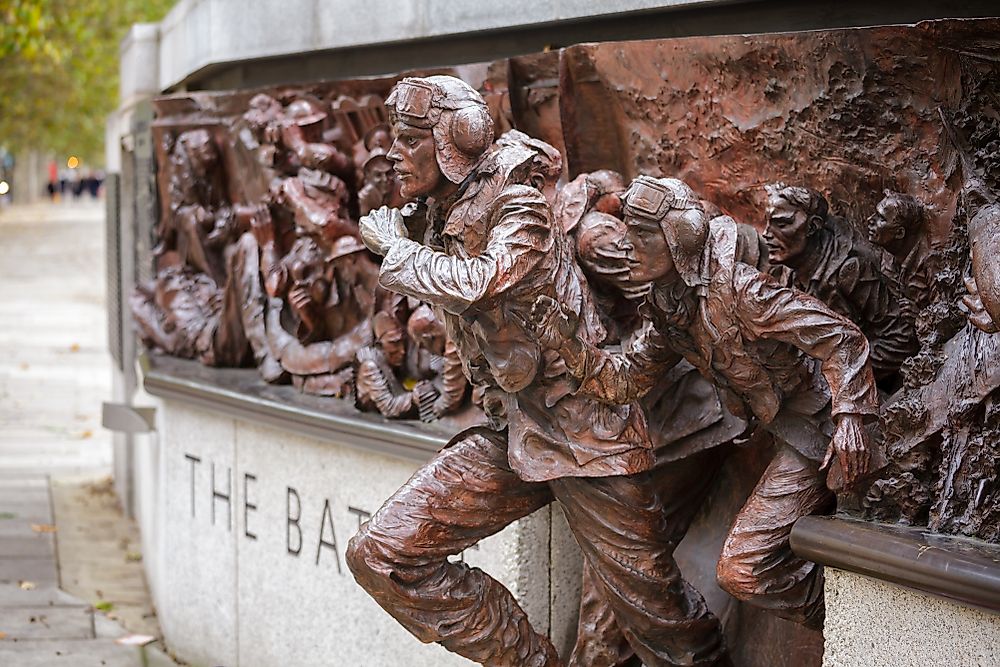What Was the Battle of Britain?

The Battle of Britain refers to the air war that Britain fought to prevent the Germans from invading mainland Britain after the fall of France in 1940. Adolf Hitler was waging his war of expansion and he had overrun most of Central and Eastern Europe since the invasion of Poland. Initially, Hitler wanted to make an alliance with the British whom he had an admiration for the country economy. However, in the aftermath of his invasion of Poland in September of 1939, both Britain and France declared war on Germany. Hitler had no other option but to declare war on the two countries.
Plans for the Invasion
Hitler’s armies had effectively subdued and defeated the French and taken over the country in June 1940. The German air force reorganized for Operation Sea Lion. Hitler wanted his forces to concentrate their efforts to destroy the Royal Air Force (RAF), economic and military infrastructure first. The idea was that by destroying this vital infrastructure, the British would be forced to negotiate for a peaceful settlement and recognize Hitler’s new empire. The British were caught by surprise when France was defeated. Hitler’s plans would face significant obstacles in their new mission that they had not anticipated.
Progress of the War
Hitler’s air force planes began their campaign by first testing the British air defense systems in small raids. The raids were conducted as from July 10, 1940 to October 31, 1940. Daytime raids were carried out by German Bombers Heinkel He 111, Dornier Do 17, and Junkers Ju 88. Their targets were British Military installations like airfields and factories that produced aircraft. The bombers wanted to disrupt the British economy by bombing shipments, industries, and ports. The British Spitfire fighters disrupted many of the Nazi raids due to their excellent radar systems. Royal Air Force Spitfires were agiler than the Nazi aircraft. Heavy Nazi losses forced the Nazi generals to shift to night raids. The British were not prepared for the nighttime raids and they had to change tactics. The British public had to reduce visibility from their homes and cars and also take refuge in bomb shelters whenever air raid sirens rang.The Royal Air Force planes had to fly higher to spot incoming raids and try to intercept the Nazi bombers.
Why the Nazis Failed
Nazi intelligence was poor and ineffective. British planes had intercepted many of their reconnaissance planes and the spies that the Germans had sent to scout for the targets inside Britain were caught and executed. As a result, the Nazi pilots flew missions using poor intelligence and they sustained heavy losses. Nazi pilots were also getting weary of the operation as they feared getting shot down over mainland Britain. Unlike over the English Channel where the Nazis knew that they could be rescued, in the mainland Britain, this meant sure death. British pilots had the home advantage since the locals would assist them to get medical care and back to their bases. The Dowding system was effective in intercepting daytime raids. Ultimately, Hitler was distracted by his plans to invade the Soviet Union and Operation Sea Lion no longer became important.











